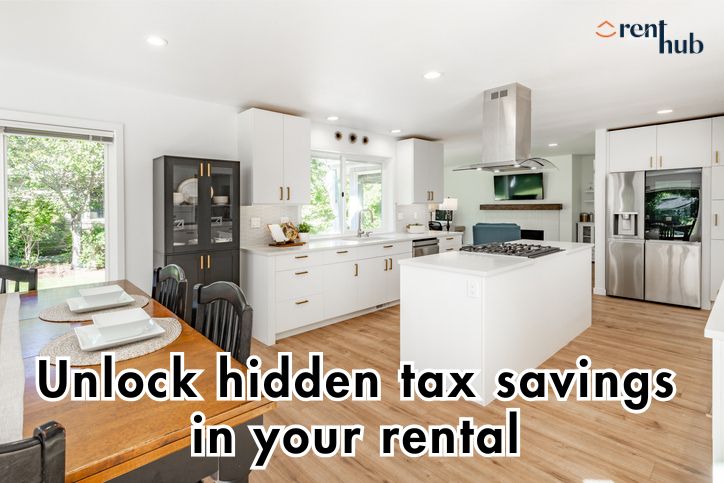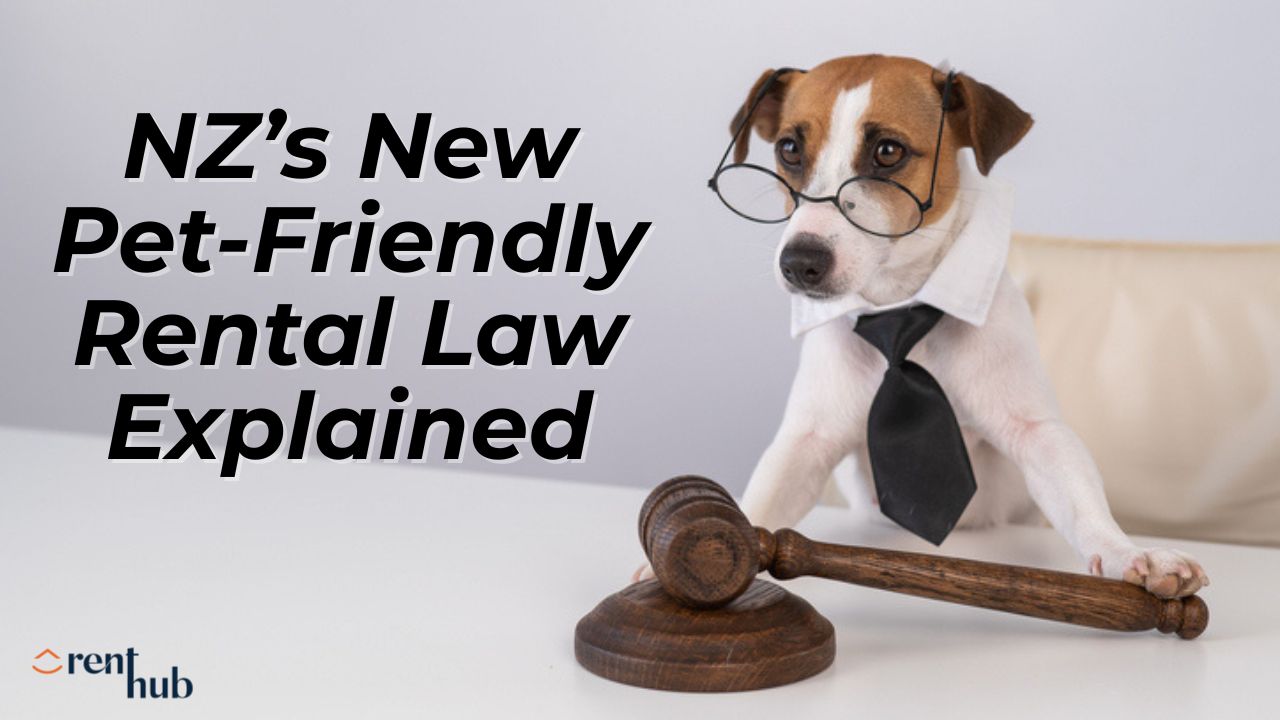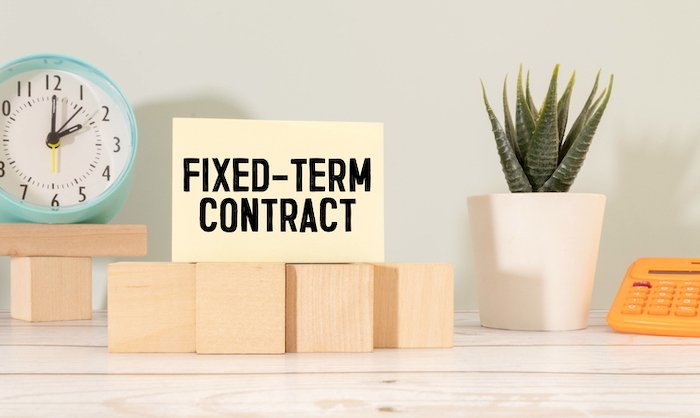Are you considering self-managing your rental property? Perhaps your investment property is currently managed for you by a professional property manager. Or maybe you are thinking about becoming a self-managing owner of an investment property.
You may well have the time and experience to do this yourself. However, although there are some aspects of property management that you feel confident about, perhaps there are others where you need some help.
Property management support
At Renthub, we work with self-managing owners who want to take control of their rental property and save the management fees. However, they also want the support and backup of a professional property manager.
Renthub’s Support Programme helps by:
· Identifying which aspects of managing rental property you could do
· Creating a clear plan on how we could partner together
· Giving you the direction and tools to execute and implement the plan.
Do you sometimes wonder what you pay your weekly property management fee for?
The feedback we receive from owners is that they often get frustrated by property managers. Common gripes include poor communication, extra charges appearing on their monthly statements and maintenance not being reported promptly.
Owners are left wondering what on earth they are paying for. They end up thinking they would be better off managing their property themselves; however, they get cold feet and don’t do anything about it. The cycle of frustration then starts all over again.
So, what’s involved in managing a property? Well, here’s a list of the critical tasks. Have a read through and mark up those you think you could do and those that you might want some support with:
· Checking and managing rent payments
· Following up on missed payments and dealing with rent arrears
· Preparing detailed entry inspection reports
· Documenting routine property inspections
· Managing maintenance issues and arranging appointments with tradespeople
· Preparing for the healthy homes standards
· Finding and securing new tenants
· Dealing with end of tenancies and tenants moving out.
For each of the tasks, there sits underneath a whole series of additional tasks.
Let’s take the responsibility of dealing with the end of a tenancy and examine in detail what’s involved.
What to do when your tenant wants to move out
There are several steps you need to go through when a tenant serves notice that they will be moving out. These include the following:
1. As soon as the tenant serves notice, confirm in a letter or email the tenancy end date. Include a rent statement and confirm the amount that is due up to the last day. Also, let them know about any unpaid water rates.
2. Confirm in writing what your expectations are around how the property should be cleaned ready for handover.
3. Begin advertising the property to new prospective tenants. Arrange viewings around the tenant’s convenience – it’s still their home after all.
4. Arrange for any outstanding maintenance or repairs to be completed. And if there are major works involved, then have a contractor ready to start as soon as the tenant moves out.
5. Conduct a final inspection within 48 hours of the tenant moving out. Make sure you take lots of photos in case of any disputes. Record the final water meter reading and notify the water utility company.
6. Turn the water off at the mains.
7. Resolve and negotiate any outstanding issues with the outgoing tenant and arrange for the bond to be refunded.
This is a quick summary of the process, but it gives you a sense of just what’s involved. The same will apply to the other tasks we identified earlier.
Interested in finding out more about Renthub’s Support Programme?
There’s a lot involved in being a self-managing landlord, and we can support you to make it a whole lot easier. If you would like to find out more, then book up a free 15-minute call with one of the Renthub team to fully review your options.
You can schedule your call now!
Why use Renthub’s Support Programme?
Trusted, professional and cost-effective, we provide flexible solutions that support self-managing landlords.
Here’s what some of our owners say about working with Renthub:
“Marina and her team did a great job of finding a suitable tenant promptly, and she kept in touch throughout the process. There were considerable hassles because of COVID-19, but these were handled professionally, and Marina worked hard to give us the best possible outcome in the circumstances. I highly recommend the team which has served us well for the past eight years.”
– Craig Maskell
“Marina and her team look after my home rental with integrity and care. Wonderful to work with, they communicate professionally and get things done. It is a great relief when you are away to know everything is being so well looked after.”
– Yvn Hamer
You have nothing to lose and, perhaps, lots to gain by speaking with us.
So, go ahead and schedule your call now!
Are you considering self-managing your rental property? Perhaps your investment property is currently managed for you by a professional property manager. Or maybe you are thinking about becoming a self-managing owner of an investment property.
You may well have the time and experience to do this yourself. However, although there are some aspects of property management that you feel confident about, perhaps there are others where you need some help.
Property management support
At Renthub, we work with self-managing owners who want to take control of their rental property and save the management fees. However, they also want the support and backup of a professional property manager.
Renthub’s Support Programme helps by:
· Identifying which aspects of managing rental property you could do
· Creating a clear plan on how we could partner together
· Giving you the direction and tools to execute and implement the plan.
Do you sometimes wonder what you pay your weekly property management fee for?
The feedback we receive from owners is that they often get frustrated by property managers. Common gripes include poor communication, extra charges appearing on their monthly statements and maintenance not being reported promptly.
Owners are left wondering what on earth they are paying for. They end up thinking they would be better off managing their property themselves; however, they get cold feet and don’t do anything about it. The cycle of frustration then starts all over again.
So, what’s involved in managing a property? Well, here’s a list of the critical tasks. Have a read through and mark up those you think you could do and those that you might want some support with:
· Checking and managing rent payments
· Following up on missed payments and dealing with rent arrears
· Preparing detailed entry inspection reports
· Documenting routine property inspections
· Managing maintenance issues and arranging appointments with tradespeople
· Preparing for the healthy homes standards
· Finding and securing new tenants
· Dealing with end of tenancies and tenants moving out.
For each of the tasks, there sits underneath a whole series of additional tasks.
Let’s take the responsibility of dealing with the end of a tenancy and examine in detail what’s involved.
What to do when your tenant wants to move out
There are several steps you need to go through when a tenant serves notice that they will be moving out. These include the following:
1. As soon as the tenant serves notice, confirm in a letter or email the tenancy end date. Include a rent statement and confirm the amount that is due up to the last day. Also, let them know about any unpaid water rates.
2. Confirm in writing what your expectations are around how the property should be cleaned ready for handover.
3. Begin advertising the property to new prospective tenants. Arrange viewings around the tenant’s convenience – it’s still their home after all.
4. Arrange for any outstanding maintenance or repairs to be completed. And if there are major works involved, then have a contractor ready to start as soon as the tenant moves out.
5. Conduct a final inspection within 48 hours of the tenant moving out. Make sure you take lots of photos in case of any disputes. Record the final water meter reading and notify the water utility company.
6. Turn the water off at the mains.
7. Resolve and negotiate any outstanding issues with the outgoing tenant and arrange for the bond to be refunded.
This is a quick summary of the process, but it gives you a sense of just what’s involved. The same will apply to the other tasks we identified earlier.
Interested in finding out more about Renthub’s Support Programme?
There’s a lot involved in being a self-managing landlord, and we can support you to make it a whole lot easier. If you would like to find out more, then book up a free 15-minute call with one of the Renthub team to fully review your options.
You can schedule your call now!
Why use Renthub’s Support Programme?
Trusted, professional and cost-effective, we provide flexible solutions that support self-managing landlords.
Here’s what some of our owners say about working with Renthub:
“Marina and her team did a great job of finding a suitable tenant promptly, and she kept in touch throughout the process. There were considerable hassles because of COVID-19, but these were handled professionally, and Marina worked hard to give us the best possible outcome in the circumstances. I highly recommend the team which has served us well for the past eight years.”
– Craig Maskell
“Marina and her team look after my home rental with integrity and care. Wonderful to work with, they communicate professionally and get things done. It is a great relief when you are away to know everything is being so well looked after.”
– Yvn Hamer
You have nothing to lose and, perhaps, lots to gain by speaking with us.
So, go ahead and schedule your call now!



